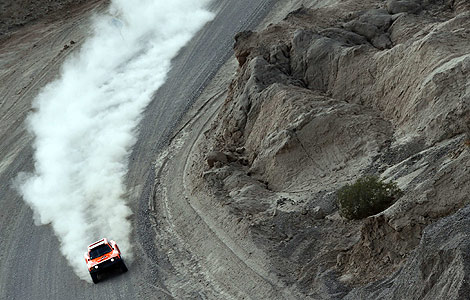New system acts as catalyst for scientific advancement
Updated: 2014-01-10 16:41
By Cheng Yingqi (chinadaily.com.cn)
|
||||||||
As China undergoes industrial upgrading, new requirements are necessary for the development of science and technology as are assessments of scientific achievements.
In 2013, the State science and technology awards, the highest honor in the field, underwent a number of changes, the award office told China Daily.
First, the National Office for Science and Technology Awards reduced the number of awards granted to scientists, said Chen Zhimin, deputy director of the?office.
Awards for State Natural Sciences, State Technology Invention and State Science and Technology Progress were reduced by 61.
The invention and progress awards focus on research breakthrough, technological advancement and direct economic benefit.
A key category saw awards slashed from 283 in 2011 to 188 in 2013.
While this category, the State Science and Technology Progress Award, saw the awards dropped they rose in other categories; the State Natural Sciences Award and State Technology Invention Award.
"The quantity and proportion adjustment is to encourage more independent innovation and significant?inventions," Chen said.
The awards also target the work and achievements of younger scientists.
"This year we opened new recommendation channels for scientists under the age of 40," Chen said.
In previous appraisals, Natural Sciences Award candidates needed recommendations from at least three members of the Chinese Academy of Sciences or the Chinese Academy of Engineering, and the project had to be completed by the candidate alone.
But this year, the criteria was softened for scientists under the age of 40: the project can be carried out by a team, and only one academic’s recommendation, and two other peer recommendations, are needed.
Shi Zhangjie, a professor of the College of Chemistry and Molecular Engineering at Peking University, and the first scientist to win the award under the new system, welcomed the changes.
"For a younger researcher, like me, my resources are not comparable to those for senior researchers, so this new appraisal rule is a great encouragement."
The average age of Shi's research team is 34.
"I am really excited by winning the award. And I believe this appraisal rule will inspire more young researchers," Shi said.
The award office also wants to encourage enterprise innovation.
The vast majority of awards for State Science and Technology Progress in civilian technology, 75.9 percent, were granted to projects that had seen enterprise involvement.
"We also introduced more experts from the business sector to take part in the appraisals. In the preliminary assessment, 30 percent of the experts came from the business sector and this will help increase accuracy in evaluating achievements by enterprises," Chen said.
Chen also said that the principle investors in R&D were large State-owned enterprise.
More than 46 percent of first prizes in the State Science and Technology Progress Awards saw the involvement of State-owned enterprises; and State-owned enterprises won 38.81 percent of awards given to companies.

 Fidel Castro makes rare public appearance
Fidel Castro makes rare public appearance
 Migrants feel pain of separation
Migrants feel pain of separation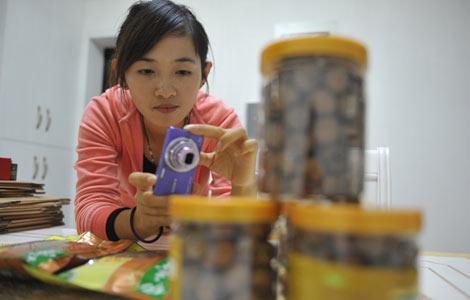
 Websites to be liable for sales of bad food, medicine
Websites to be liable for sales of bad food, medicine
 Largest sushi mosaic created in HK
Largest sushi mosaic created in HK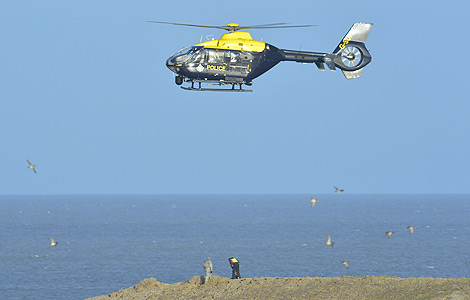
 UK police pick through US helicopter crash site
UK police pick through US helicopter crash site
 Riding the waves down under
Riding the waves down under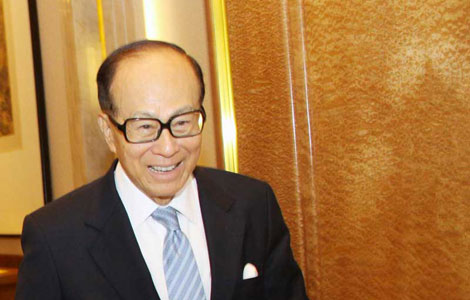
 The long-living rich in China
The long-living rich in China
 US skiing star Lindsey Vonn out of Sochi Olympics
US skiing star Lindsey Vonn out of Sochi Olympics
Most Viewed
Editor's Picks

|

|
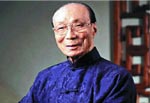
|

|

|

|
Today's Top News
US police all a-twitter about Weibo
China's role in Middle East will be enhanced: FM
Abe's new frontiers: Africa, Middle East
Rodman sorry for Bae comment
Reunion proposal rejected by DPRK
Apology urged for insulting Chinese
China's oil pipelines riddled with defects
Higher targets set for emission reduction
US Weekly

|

|


